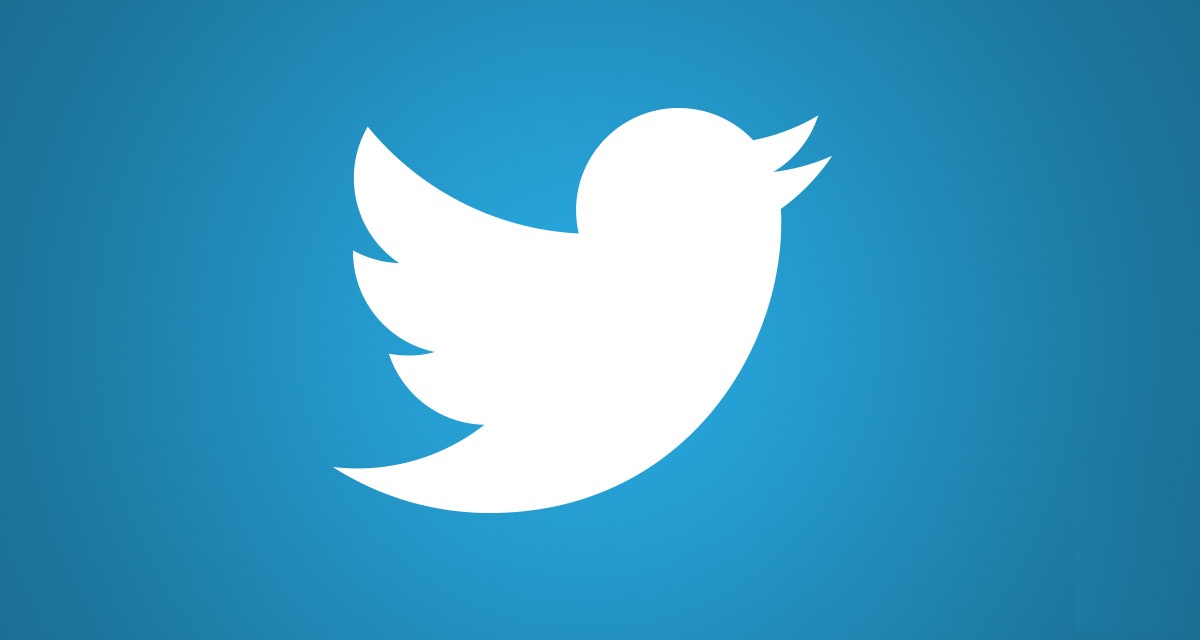

Elon Musk is now in control of Twitter, after taking ownership of the micro-blogging platform following a prolonged and controversial acquisition process.
“The bird is freed” Musk tweeted, after his on, then off, and then on again $44 billion acquisition was finally completed on Friday, giving him control of a social media platform that has more than 230 million users.
Musk lost little time and reportedly fired a number of top Twitter executives, including CEO Parag Agrawal, CFO Ned Segal, and Vijaya Gadde, the head of legal policy, trust and safety.
According to Reuters, both Agrawal and Segal were still in Twitter’s San Francisco headquarters when the deal closed and the two men were escorted out of the building.
Court documents had previously revealed private messages, which showed that Parag Agrawal and Elon Musk had fallen out, and Twitter co-founder Jack Dorsey had sought to mediate.
Musk had reportedly previously accused the fired executives of misleading him and Twitter investors over the number of fake accounts or bots on the platform.
Musk plans to become Twitter’s CEO, and also he plans to scrap permanent bans on users.
In May this year he said he would reverse the morally wrong” and “stupid” permanent Twitter ban on former US president Donald Trump.
Musk has made no secret of his desire to see the platform have fewer limits on the content that can be posted.
He describes himself as a free speech absolutist, but he has also said he wants to stop the platform from becoming an echo chamber for hate and division.
Other Musk goals include a wish to “defeat” spam bots on Twitter and make the algorithms that determine how content is presented to its users publicly available. Musk however has not offered any details on how he will achieve all this.
Musk has also previously tweeted he sees buying Twitter as “an accelerant to creating X, the everything app.”
There is media speculation that Musk will try and turn Twitter into a replica of the Chinese WeChat app, that incorporates different services such as messaging, social media, food orders, and money transfers etc into a single app.
But he will have a number of challenges.
Earlier this week an internal report revealed Twitter is losing its most active users who are vital to the business.
These “heavy tweeters” account for less than 10 percent of monthly overall users but generate 90 percent of all tweets and half of global revenue.
This is not just cases of celebrities ghosting their own Twitter accounts, but rather heavy tweeters switching to rival platforms such as Meta’s Instagram and ByteDance’s TikTok,
Another change Musk is planning is to axe potentially a large number of jobs at Twitter.
Musk recently updated his Twitter bio to read “chief twit”, and on Wednesday Musk filmed himself entering Twitter’s headquarters carrying a sink.
His arrival carrying a sink may not have gone down well with its staff, after he reportedly told investors last week that he planned to axe 75 percent of Twitter’s 7,500 employees, which if true would shrink the workforce to just over 2,000 staffers.
Musk reportedly told Twitter employees on Wednesday that he doesn’t plan to cut 75 percent of staff when he takes over, but that statement did little to reassure demoralised staff at the firm, and they know job cuts are coming.
Reuters reported that in a running poll on messaging app Blind about whether Twitter employees will be employed in the company in three months, less that 10 percent of Twitter staff voted “yes.”
Of the 266 participants, 38 percent said “No” and over 55 percent chose the “popcorn” option. Blind allows anonymous messaging by Twitter employees to air their grievances.
Musk also published an open letter to advertisers and users, to explain his vision for the platform under his control.
In his letter, he said his acquisition was “because it is important to the future of civilisation to have a common digital town square, where a wide range of beliefs can be debated in a healthy manner, without resorting to violence.”
Twitter unfortunately is well known for its toxic atmosphere, and Musk said “there is currently a great danger that social media will splinter into far right wing and far left wing echo chambers that generate more hate and divide our society.”
He accused traditional media outlets of fuelling and catering to polarized extreme in the pursuit of clicks and revenue.
Musk said he didn’t buy Twitter to make more money, but “to try to help humanity, whom I love.”
“That said, Twitter obviously cannot become a free-for-all hellscape, where anything can be said with no consequences!”
Musk said Twitter would adhere to the laws of the land and he wanted to make the platform “warm and welcoming to all”.
He said advertising, if done right, “can delight, entertain and inform you”, but that “low relevancy ads are spam” while “highly relevant ads are actually content!”
American space agency prepares for testing of Boeing's Starliner, to ensure it has two space…
As UK and Europe develop closer military ties, European Commission says it will invest €1.3…
Zuckerberg seeks to revive Facebook's original spirit, as Meta launches Facebook Friends tab, so users…
Notable development for Meta, after appeal against 2021 WhatsApp privacy fine is backed by advisor…
First sign of shake-up under new CEO Lip-Bu Tan? Three Intel board members confirm they…
Trump's nominee for SEC Chairman, Paul Atkins, has pledged a “rational, coherent, and principled approach”…